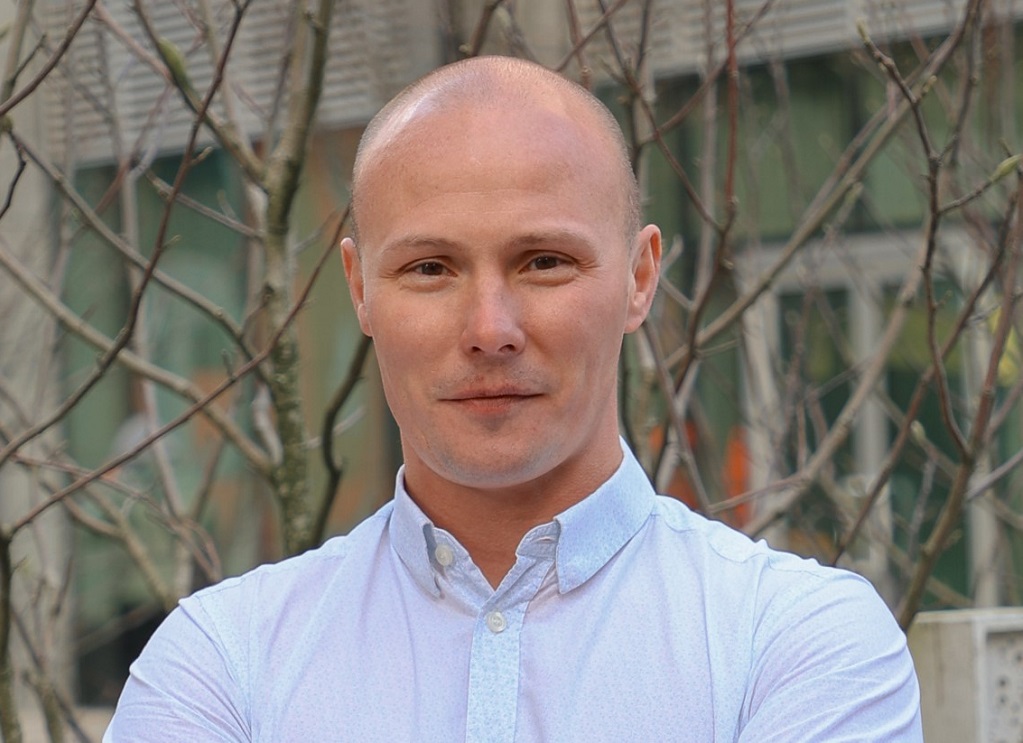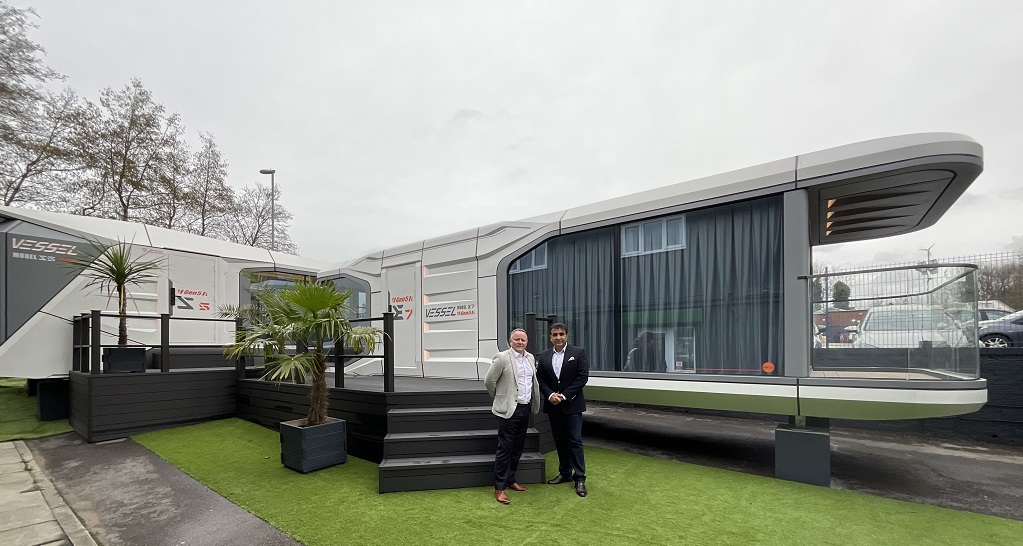VIDEO | The future of leadership roundtable
In honour of International Women’s Day’s ‘Break the Bias’ theme, Place North West and Trowers & Hamlins gathered a group of female chief executives, directors, partners and department heads to discuss leadership opportunities and lessons for the younger generation.
The all-female panel tackled topics that focused on how we can help ensure the leaders of tomorrow are as representative and diverse as the country they live in.
The participants were
- Nicola Rigby, Avison Young principal
- Elise Wilson, Stockport Council leader
- Joanne Roney, Manchester City Council chief executive
- Suzanne Benson, Trowers & Hamlins partner and head of Manchester office
- Gayle Taylor, Gateley Vinden head of building consultancy
- Laura Morris, Bruntwood head of business transformation
- Sherelle Fairweather, Manchester City Council digital social inclusion lead
- Nicola Kane, Transport for Greater Manchester head of strategic planning and research
- Lisa Taylor, GM Leaders Plus executive director
- Charlie Norman, MSV Housing chief executive
- Shannon Conway, Glenbrook residential director
The discussion was hosted by Place North West deputy editor Julia Hatmaker and held at the Manchester office of Trowers & Hamlins.
Watch the roundtable in the video below. You can also watch the video on Place North West‘s YouTube channel.
Key talking points:
Nicola Rigby: “It’s not enough just to be a woman in a senior leadership role. You’ve got to be a woman in a senior leadership role who’s prepared to talk about her own experiences, whether they’ve been good or bad because that’s what’s inspiring people. It’s not our job title that inspires people. It’s how we behave. It’s how we connect people that really makes a difference.”
Suzanne Benson: “Sometimes I think people in senior leadership roles make it look impossible by sending emails at the wrong time of night or appearing to do everything when, actually, none of us are. We just have spent a long time constructing a career that works for us. But we don’t perhaps don’t always communicate how we’ve done that.”
Elise Wilson: “I think the problem is you’re trying to create confidence, you’re trying to say to young women in the future, look, this is possible, you can do it, and you can go for it… it’s because I’m doing stuff. And I’m saying yes to things. And I’m making myself a bit frightened sometimes by putting myself out there, taking the risk.”
Laura Morris: “I think being allowed to fail as well, you know, and being in a place where you feel safe to take a risk.”
Joanne Roney: “I was reflecting on when I took the job of Chief Exec of Manchester. I was following a huge character. And everybody I met, their opening sentence was ‘Oh, you’ve got to choose to fill or you’ve got big shoes to fill’… I think having men who wanted you to succeed, as well as outstanding women, also really made a difference. So we mustn’t ignore that part of our job is also I think, to lead men to be champions and supporters of and understanding of women as well.”
Shannon Conway: “I think men should be forced to take parental leave. I think they should be forced to take the six weeks that women need to take… I think until it is a level playing field for men and women when it comes to the risk of someone going off the parental leave it is always going to be an issue.”
Sherelle Fairweather: “I do a lot of work around women in tech, and one of the conversations we have there is around the realistic sharing of what it will be like for that person once they get into a role of leadership. So, the programmes are all kind of glossy and ‘it’s amazing’… but then when you get into the role, using myself as a young black woman… it’s quite lonely because there aren’t other people that perhaps have that same experience as you. I think there’s something there around the consistency of processes and those kinds of opportunities to get people into leadership, but then also when they’re in leadership that sustained support, because in reality, it’s not easy.”
Gayle Taylor: “You’ve almost got to see it to believe it when you’re coming up through the ranks – to believe that you can get there. We take the women’s rugby team for England or the women’s football team. 20 years ago, they wouldn’t be playing on the telly. They were on prime TV on Saturday. So everything is progressing. It probably is just not perhaps progressing as fast as we’d like.”
Nicola Kane: “I think that ability to kind of be self-aware and self-reflective is really important in a leader – to know your own values to know what’s important to you, and to know your strengths and weaknesses and where you can develop. Sweeping generalisation, but I tend to find women tend to be more self-aware and tend to be more willing to kind of work on themselves and be a bit more vulnerable about their weaknesses, as well as being able to talk about their strengths.”
Lisa Taylor: “If you’re running something or you’re senior and you’re not having any fun – get out. Because it shouldn’t be all that hard.”
Charlie Norman: “I think people have got incredibly generous spirits. If you ask people for their support and their help and their advice, people will give it. But then there’s something – there’s a barrier that prevents us from doing it because we think we’ve got to know everything. But I think just asking people for support is really important.”





How does a single gender panel help anybody?
By Bias
Its always easy to justify bias if you try hard enough. You can imagine the outcry if this were advertised as exclusively male panel.. I thought we’d moved beyond the outdated gender tropes.
By Anonymous
Waiting for someone to ask when International Men’s Day is (it’s 19th November).
Place NW do a sterling job of putting together more diverse events and panels. Heaven forfend a panel of women on IWD. If there were an event focussed on the experiences of young people, then it would probably make sense to have a panel of young people, and I don’t think you’d hear older people complaining. A panel of diverse men on International Men’s Day would make for an equally interesting discussion.
By Gillian
I’d hate to be reduced to my gender and to promote gender stereotypes so I sincerely hope there is not an all male panel on International Men’s Day (which, by the way, nobody actually celebrates and is not nearly as widely acknowledged as IWD. Both are anomalies).
We’ll look back on these times in astonishment as to how we had the debate so wrong.
By Bias
“Its always easy to justify bias if you try hard enough. You can imagine the outcry if this were advertised as exclusively male panel.. I thought we’d moved beyond the outdated gender tropes.”
NEWSFLASH – it’s been an all male panel for decades dear, sorry if you haven’t been invited…
By Major Grump
Yes as a very working class non white male this exclusive group of middle class white women looks very like the same old corral just a different fence.
By Dex
Hardly a newsflash, all gender biases seem such old fashioned thinking .If it’s not inclusive it’s exclusive. Who it excludes is the only difference. I trust we will see more progressive thinking next year.
By Sandy